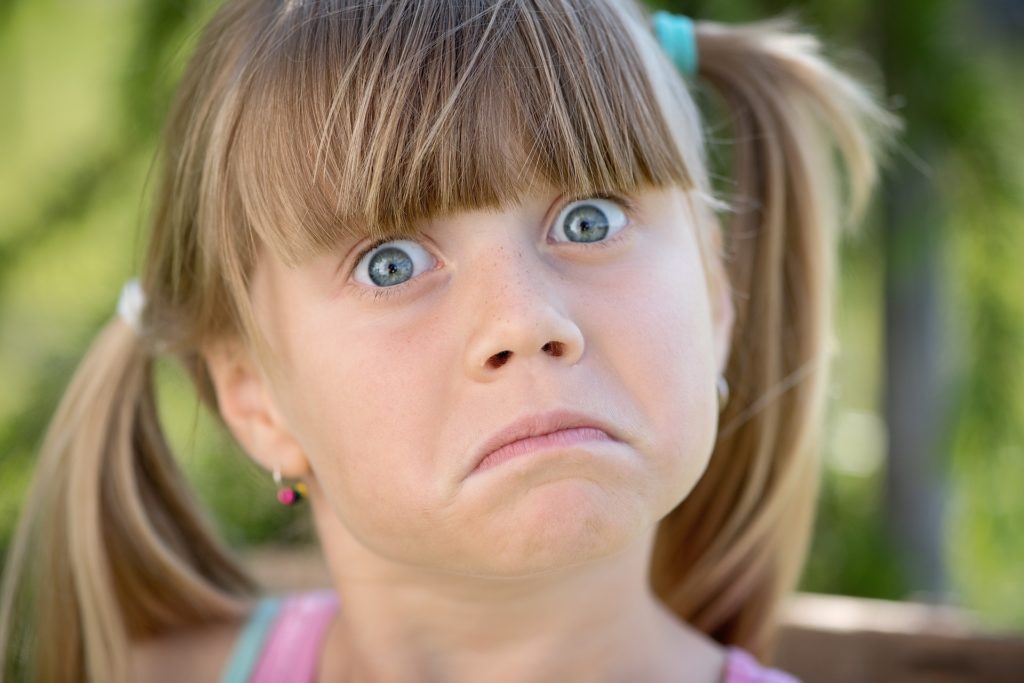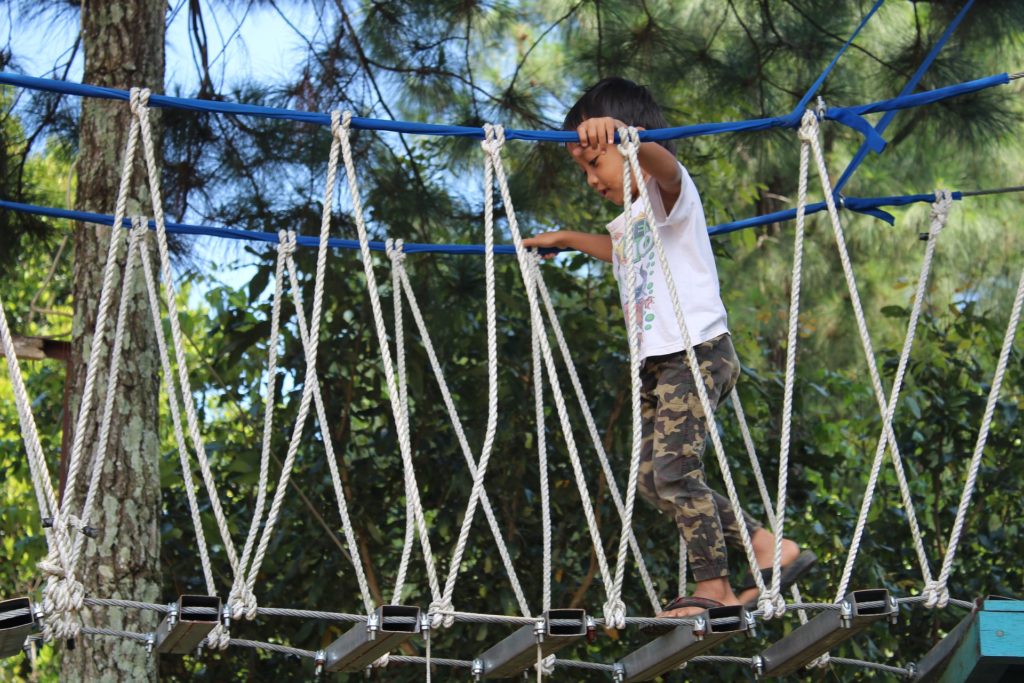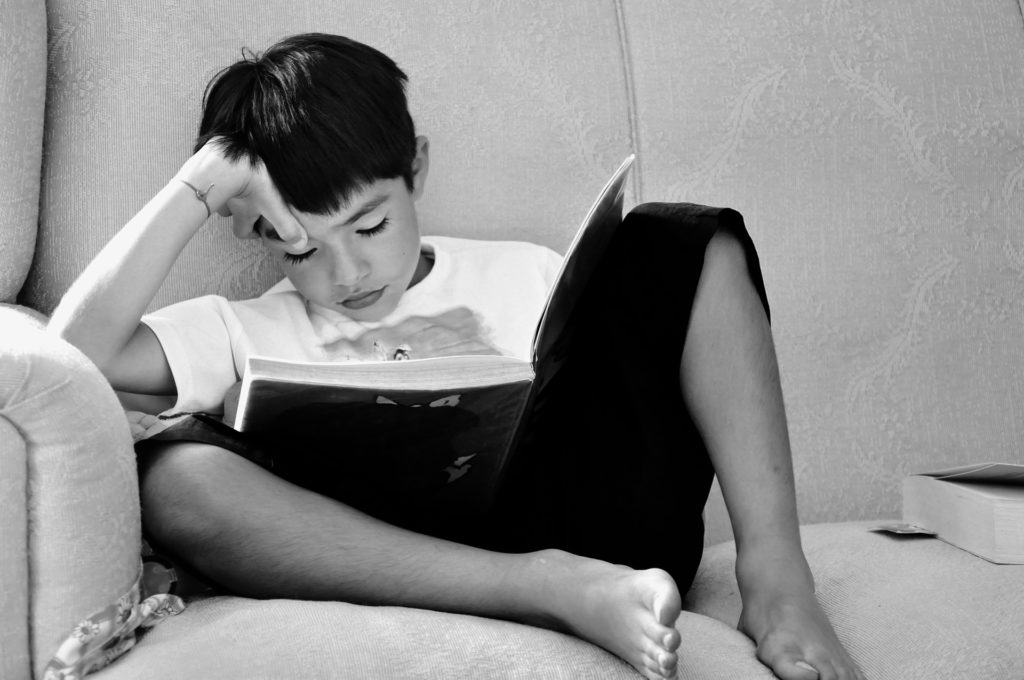Year 6 Junior School – Juniors
Preparation for SATs
Year 6 is finally here. Emotions run high as your child makes it to the top of the school. This is a year of mixed feelings and by the end of year 6, your young learner will be more confident, independent and resilient.
As they watch the children in Nursery and Reception, they’ll look back and realise how much they’ve grown and how far they’ve come. They are now the oldest in the school – the role models.
Most will try to fulfil this role, making this year the most memorable.
Some will be very grown up and sensible during this year; behaving more confidently, while others regress; wanting to wind the clock back. They’ll worry about entering secondary school and leaving their past life behind.
SATs, SATs and more SATs
Everything is centred around the end of Year SATs, which take place in May. These will highlight the children who have reached the expected levels required for secondary school – as specified by the government. These in turn will also predict, who are likely to get good GCSE grades at the end of secondary school and who will not. Those who do not reach the expected levels, will be highlighted for intervention for when they enter secondary school.
This is a nerve-racking time for both parents and teachers alike too.
Stress from parents and schools
The grades the children achieve this year will be published as a percentage for the whole school; giving an indication of how good the school is. For this reason, it will be very important for Year 6 teachers to ensure that children achieve the best grades possible by the end of Year 6. As the grades reflect teaching standards, children tend to feel the pressure of having to meet expectations.
Even though this is an assessment like every previous year, because of parental nervousness and school pressure, the stress will be felt more acutely.
Even if they didn’t before, this year most Year 6 children will understand the importance of getting good grades.
It must be stressed, that the SATs do not have a pass or fail element, so while it is important to get the best grades possible, your child cannot actually fail these tests.
The majority of children will reach the expected levels for their age, if they’ve been taught well, and the school did not have a high quota of SEND children with learning difficulties.

The stress of moving on
Parents will also be nervous this year too, feeling the anxiety of choosing new schools and having to adjust to the many changes ahead.
In this year, like when children first started nursery ,will see many Year 6 children looking to gain assurance and support that all will be well.
On a final note, it is very important to remember, that while there is a huge emphasis on the SATs this year, this is not the end of school. This year is the transition to secondary school, which means children will need to be prepared for the work they will be doing when they move on. Therefore, this year is as much about preparing children for the work in secondary school, as it is the SATs.
What a child should know by the end of year 6 in Literacy:
In preparation for secondary school, children need to understand how to use a variety of punctuation; write using a wide range of sentence structures and also use descriptive vocabulary. For this reason, many of the things taught in secondary school, have been brought down into the year 6 curriculum to bridge the gap between the two schools.
During Year 6, children will use these in the following areas:
- Plan quickly the presentation of work and write stories and other text using accurate punctuation and layout
- Read dramas and Shakespearian text; understand how plays are adapted for modern day
- Explain how words are used to emphasis viewpoints, and show how arguments are presented
- Show how characters are influenced by events in written text
- Explain other people’s perspectives in written text
- Improve presentation of work
- Expand vocabulary
- Improve spelling
- Be able to explain the meaning of words in various types of literature and attempt to explain what is trying to be portrayed
- Distinguish between biographies and autobiographies
- Be able to write in first person and third person
- Prepare a CV
- Be able to write own poems
- Revise work from previous year
What a child should know by the end of year 6 in Numeracy:
As in literacy, many topics from the secondary curriculum has been brought down into the primary curriculum and children will be expected to do things like algebra, pie charts using percentages, and finding angles in shapes etc.
During Year 6, children will use these in the following areas:
- Understand how to mentally multiply and divide decimals by 10 or 100, and divide numbers by 1000
- Order numbers with three decimal places with whole numbers
- Perform addition and subtraction of numbers using decimals
- Perform multiplication and division of numbers using decimals
- Know how to carry out division using all the timetables
- Be able to reduce fractions to their simplest form by cancelling common factors
- Use fractions to find fractions of numbers (e.g. 3/5 of 60, 2/10 of 80, 2/100 of 500 metres)
- Understand percentage as parts of 100 and find simple percentages of small numbers
- Perform simple problems using ratio and proportion
- Perform long multiplication of three-digit numbers by a two-digit numbers
- Measure acute and obtuse angles with a protractor to the nearest degree
- Calculate perimeters and areas of simple shapes that can be split into rectangles
- Angles in shapes
- Read and plot co-ordinates in all four quadrants
- Use appropriate operations such as addition multiplication, subtraction and division or combinations of these operations to solve word problems involving quantities, and explain methods and reasoning
- Simple algebra
- Solve a problem using information from tables, graphs and charts
What a child should know by the end of year 6 in Science:
The science topics are broken into the following topics, which will
Animals including humans
- To look at and identify the main parts of the human circulatory system, and describe the functions of the heart, blood vessels and blood
- Understand the importance of diet, exercise, drugs and lifestyle on the way their bodies function
- Describe how nutrients and water are carried in animals, including humans
Living Things and Habitats
- Classify living things into groups based on similarities and differences, including micro-organisms, plants and animals
- Give reasons for classifying plants and animals based on characteristics.
Evolution and inheritance
- Understand that living things have changed over time and that fossils provide information about living things that inhabited the Earth millions of years ago
- Recognise that living things produce offspring of the same kind, but normally offspring vary and are not identical to their parents
- Understand that animals and plants have adapted to fit into their environment and that adaptation may lead to evolution
Light
- Understand that light appears to travel in straight lines
- Understand how objects are seen because they give out or reflect light into the eye
- Explain how shadows are formed
Electricity
- Brightness of a lamp or the volume of a buzzer linked to voltage of cells used in the circuit
- Understand how different components in a circuit function, including the brightness of bulbs, the loudness of buzzers and the on/off position of switches
- How to use recognised symbols in a simple circuit diagram.

Other subjects
The other subjects children take part in will vary considerably from school to school.
But they will include history topics, art, drama, DT, music, geography, RE, PE, IT and so on.
School visits
Towards the end of the year they will also visit their new secondary school and spend the day or two there. They will get a taste of new school life, meet their new teachers, make new friends and take part in classroom activities. Any questions they have will also be answered during these visits.
Trips away
After the SATs – or sometimes before the SATs, children get the opportunity to attend a residential trip. Here they are able to get away for a few days and take part in an outward bounds trip. Here children take part in outdoor activities such as abseiling kayaking, archery, country walks, orienteering, team building, camping and so on.
End of Year Play
The end of year play, is the opportunity for all year 6 children to be involved in a production. This is usually led by their teacher or external professionals. The children either act out a playscript or share experiences from their time in school. This is also an opportunity for parents to get involved with making costumes and thanking teachers who have taught the children over the years.
How can I help my child in Year 6?
Children should be more independent when it comes to needing help now, but they will still need support and encouragement to keep going when they feel overwhelmed.
As the text they read will be harder, they will still need you to read to them every now and then and to also listen to them read, for better comprehension.
The topics they learn, will now surprise many parents as children start to learn topics which have been brought down from the secondary curriculum. Don’t be surprised if you learn something new yourself.
If you struggle to help them because you do not know the answers yourself, don’t worry, teach them research skills and work with them to find the information they need from the internet or library.
Nobody knows everything – so it is important to be able to find the information you need when you get stuck too. This is a skill in itself and one you can help them with.
